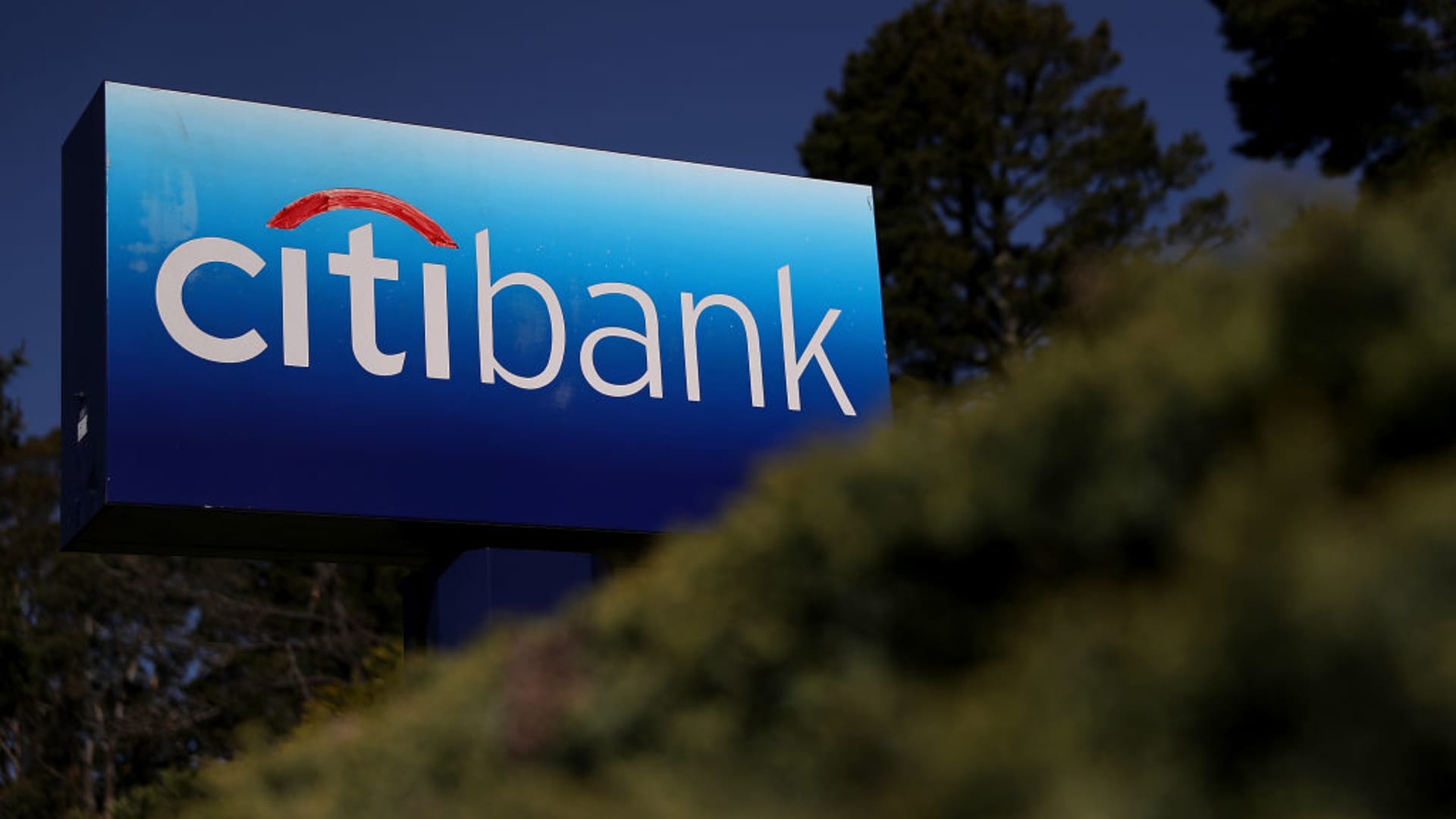
Count veteran banking analyst Mike Mayo among those on Wall Street surprised by Berkshire Hathaway ‘s recent $2.95 billion wager on Citigroup shares. The move, disclosed Monday in regulatory filings, is Berkshire’s biggest new bet on financials made in the first quarter. Berkshire also took a much smaller stake in online bank Ally Financial . Shares of Citigroup jumped 6.8%. “It seems like Warren Buffett has owned every big bank but Citigroup,” said Mayo, who has covered Citigroup and its predecessors for three decades. “It’s a little surprising, given the extent of Citi’s problems and the rocky road ahead for them.” Here’s the context: Berkshire loaded up on American bank stocks in 2018, including category leaders JPMorgan Chase and Goldman Sachs . The company then dumped many of its bank holdings in 2020 on concerns sparked by the global pandemic, holding onto a slimmed-down portfolio of U.S.-centric retail banks led by Bank of America and U.S. Bancorp. One name Berkshire stayed away from at the time, Citigroup, was in the midst of a turnaround effort led by then CEO- Mike Corbat. Unable to get a firm grasp on the issues plaguing the bank, Corbat was replaced by his deputy Jane Fraser in March of 2021. Fraser held her inaugural Investor Day in March of this year, vowing to improve the bank’s returns, which have been lagging peers for years. Citigroup’s stock, already at the lowest valuation compared to other big banks, was further pummeled this year, hitting a 52-week low of $45.40 last week. Among peers, it’s the only top-six institution that trades for less than its tangible book value , a key banking metric that indicates that investors view management as destroying shareholder value. But all those facts mean that Citigroup could hold the greatest long-term value for new investors, so long as Fraser is successful in her turnaround plan. While Berkshire is getting Citigroup at a “ridiculously low price,” it wouldn’t get involved unless they also had confidence in Fraser and her plan, according to Mayo. “It’s not enough just to be cheap, you have to have a good franchise, and you have to be doing good things with it,” Mayo said. “Citi is dealing with their issues, it’s transforming and they should get to a better place. This is validation of that plan.” Berkshire, which has handily beaten the market over the decades because of Buffett’s eye for value, is closely watched for clues as to how the celebrated investor views the market. Berkshire spent a net $41 billion on new stock purchases in the first quarter, loading up on energy names including Occidental and Chevron. But the relatively modest purchase of Citigroup shares, given the scale of Berkshire’s $340 billion-plus portfolio , indicates it could have been made by one of Berkshire’s portfolio managers, Ted Weschler and Todd Combs, according to Edward Jones analyst James Shanahan. “Given the size of the investment, it’s possible, maybe even likely, that this investment was made by one of his two lieutenants,” Shanahan said. He called Berkshire’s stake in Citigroup a “deep value play” on the shares of a beaten-down lender. “The disconnect between Citi and its big bank peers has just been widening,” Shanahan said. “There’s nothing here that’s particularly exciting in the near term apart from valuation.”







